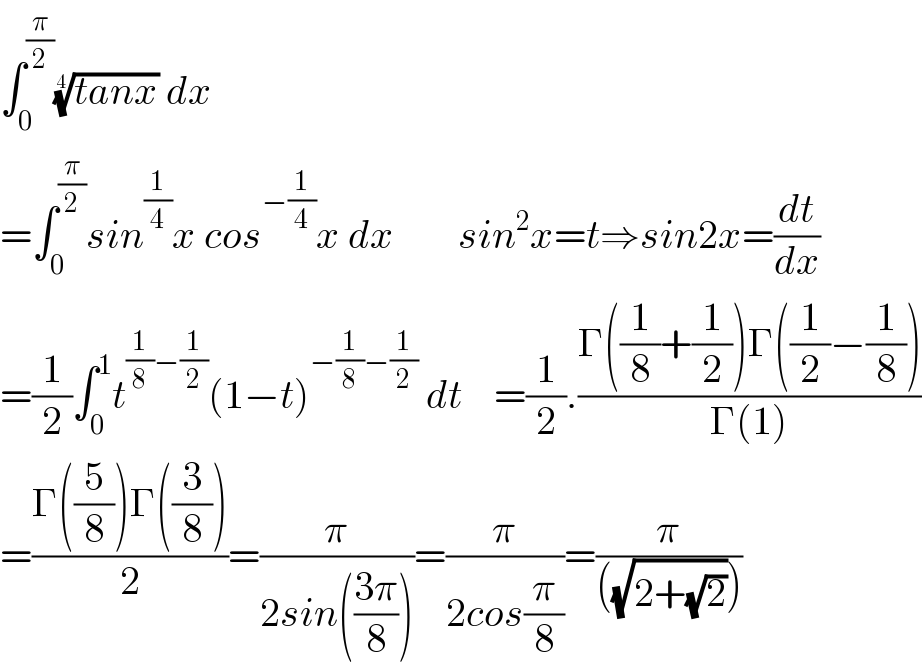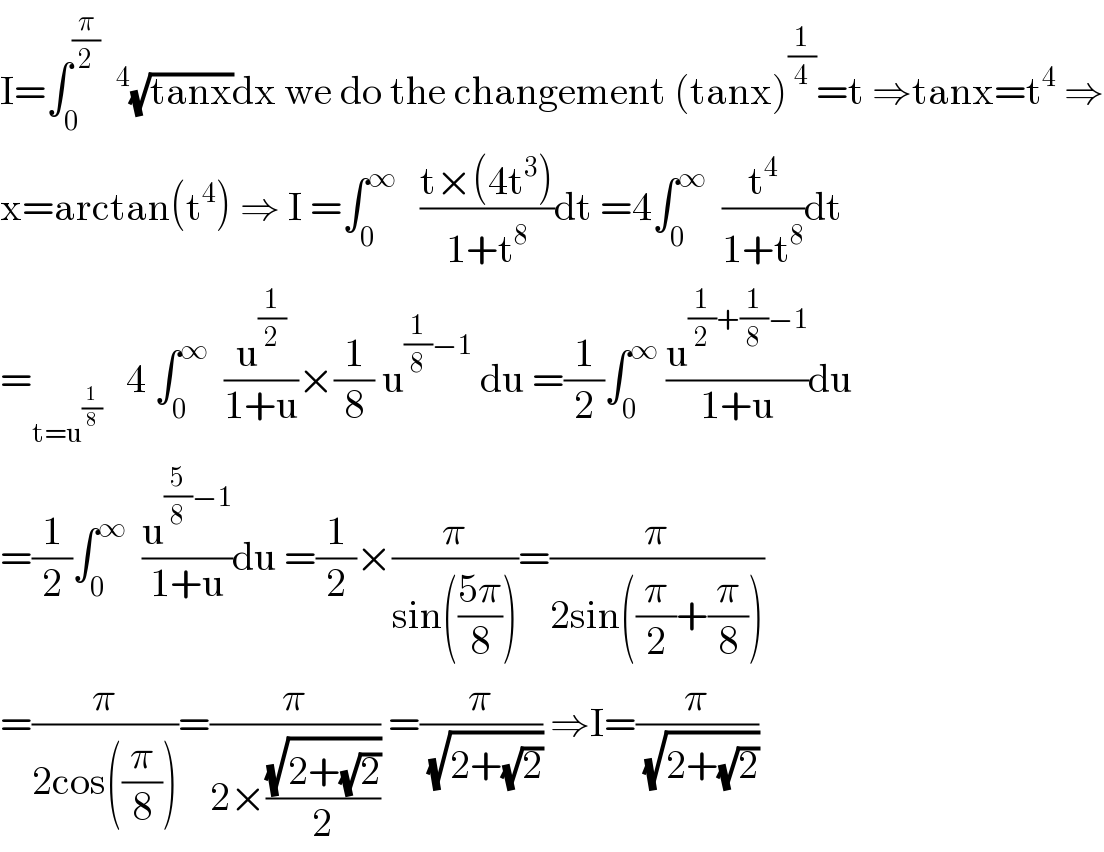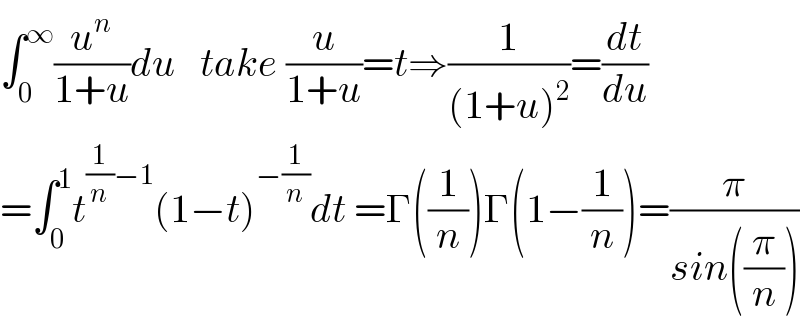
Question and Answers Forum
Question Number 124957 by Study last updated on 07/Dec/20

Commented by Study last updated on 07/Dec/20

Answered by Dwaipayan Shikari last updated on 07/Dec/20

Commented by mathmax by abdo last updated on 07/Dec/20

Commented by Study last updated on 07/Dec/20

Commented by Study last updated on 07/Dec/20

Commented by Dwaipayan Shikari last updated on 07/Dec/20

Commented by Bird last updated on 07/Dec/20

Commented by Study last updated on 08/Dec/20

Commented by Study last updated on 08/Dec/20

